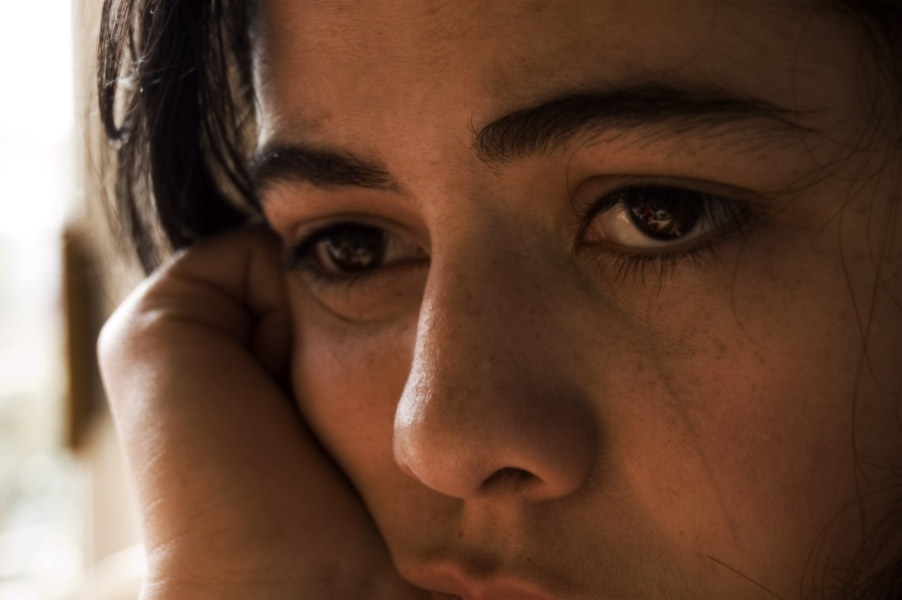Suicide. It's certainly a dark topic, but to ignore it completely would be an injustice to literature. Many authors have written poignantly about suicide from a variety of different angles. And many more authors have actually killed themselves. In fact, the number of authors who have is rather startling. So today I have to ask, why do so many authors commit suicide...and are we more at risk than people with non-writing careers?
Gone, Not Forgotten
Some of the most brilliant authors
committed suicide. The list includes Virginia Woolf, who filled her pockets with rocks before she walked into the river at age 59. Edgar Allen Poe clearly thought about death a great deal, as evidenced by his work, and tried to kill himself at least once before he died under mysterious circumstances in 1849 at age 40.
Novelist Cesare Pavese was disillusioned by politics and overdosed on pills in his hotel room. In a bizarre twist, the suicide mirrored a scene depicted in his book Among Women Only. He was 41. Paul Celan, who wrote poetry, was 49 when he threw himself into the Seine.
One of the most notable author suicides is that of
Sylvia Plath. It's notable because she wrote about suicide in
The Bell Jar, a book that continues to be studied and shared all over the world. The dark tale details a young woman's thoughts about suicide. The work is largely autobiographical, though Plath changed all the names. She did commit suicide shortly after the book was written and died at age 30.
Are you a danger to yourself if you're an author?
























